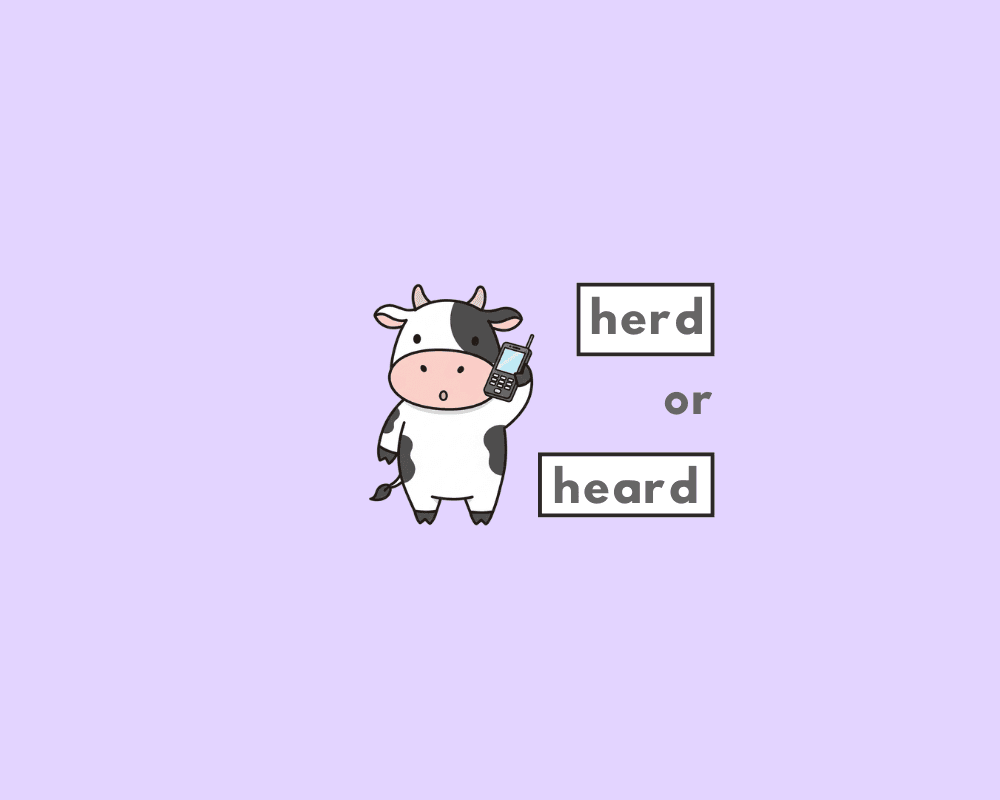It may astound you to realize that every thought you've ever communicated was a sentence. In fact, all thoughts you think are basically sentences.
What's fascinating is, given the ubiquity of the sentence, you would suspect most would have no problem defining it.
Nevertheless, my suspicion is that most would find it difficult to offer a concise explanation of the word, if pressed.
What is a sentence?
Sentences are a set or series of words that include:
We [subject] went to the airport [predicate].
Jack [subject] sat in the corner [predicate].
What a cold night [subject] it is! [predicate]
What are the types of sentences?
We group sentences according to their function and structure. These categories are not mutually exclusive; i.e., an interrogative sentence may also be complex, and so forth. The 4 types of sentence structures are:
- simple
- complex
- compound
- compound-complex
Likewise, there are 4 types of sentences categorized by function:
- declarative (the most common)
- imperative
- interrogative
- exclamative
4 types of sentences by function
| Types of sentences (by function) | Examples |
|---|---|
|
Declarative
Declarative sentences make a statement or assert something—they provide information. They can be affirmative or negative and vary in length and complexity.
|
I love chocolate. Two plus two makes four. In my opinion, Fellini's 8 1/2 is entirely too long. |
|
Interrogative
Sentences that ask a question; often start with question words (who/what/where/when/why/how) or an inverted auxiliary verb. They seek information or clarification.
|
Where do you live? What time is it? When should we leave? |
|
Imperative
Sentences that give commands, instructions, or requests. The subject (you) is often implied rather than stated; tone can be polite or forceful depending on wording.
|
Go to bed early tonight and get some rest. Call me as soon as you get home. Don't forget to send me a copy of the assignment! |
|
Exclamative
Sentences that express strong feeling or emotion; they often end with an exclamation mark and may use exclamatory structure to emphasize emotion.
|
That hurts! I lost my phone! |
Declarative sentences
Declarative sentences provide information or make a statement. They are the most common type of sentence and are used to express facts, opinions, observations, or ideas.
The sun is shining brightly today.
I like to drink coffee in the morning.
She's an extremely talented musician.
These sentences all express a statement or fact in a straightforward manner, without posing a question or giving a command. They can be affirmative or negative, and can vary in length and.
Interrogative sentences
Interrogative sentences are sentences that ask a question. They typically begin with a question word (who, what, when, where, why, how) or an auxiliary verb (is, are, can, do, will) and end with a qeuestion mark (?).
Who is coming to the party with us?
When are you coming over for dinner?
What movie should we watch tonight?
These sentences all ask a question and seek information or clarification from the listener or reader. The tone of an interrogative sentence can range from curious to demanding, depending on the situation.
Imperative sentences
Imperative sentences are sentences that give a command or make a request. They are usually structured without a subject (you) and begin with a verb or a verb phrase.
Please remain seated until the seatbelts signs are off.
Don't give them any dessert!
Please make sure to lock the door.
These sentences are used to give commands, make requests, or offer advice to the listener or reader. They can be forceful or polite, depending on the tone and context of the situation.
Exclamatory sentences
Exclamatory sentences are sentences that express strong feelings or emotions. They are usually structured with an exclamation point at the end and can be formed with a variety of words and appear in various context.
I forgot my phone at the store!
I won!
I'm stuck!
These sentences express strong emotions, such as surprise, joy, fear, or admiration. They can be used to emphasize a point, convey excitement, or simply express a feeling in an enthusiastic way.
Worksheet: Types of sentences
According to the post, what are the two required parts of a sentence?
Which type of sentence is used to make a statement or provide information?
What type of sentence asks a question and typically ends with a question mark?
Which type of sentence gives a command or makes a request?
Imperative sentences are often structured without explicitly stating which subject?
A sentence must include a subject and a , which tells us something about the subject.
Sentences that express strong emotion or make an exclamation are called sentences.
The sentence “What time is it?” is an example of a(n) sentence.
According to the post, sentences are the most common type.
The sentence “Pass me the salt, please.” is an example of a(n) sentence.
FAQs
What defines a sentence?
+
[...]
What parts make up a sentence?
+
How many sentence types exist?
+
What is a declarative sentence?
+
What is an interrogative sentence?
+
Yash, D. "What is a Sentence? (4 Types of Sentences)." Grammarflex, Sep 13, 2025, https://grammarflex.com/what-is-a-sentence-4-types-of-sentences/.
Recent Posts

How to Use the Past Tense of Hear (Explained, Usage & Quiz)

Adjectives That Start With E (Definition, Examples & Quiz)

Adjectives Beginning With D (Definition, Examples & Quiz)

A List of Adjectives that Begin with C (Definition, Examples & Quiz)

Adjectives Beginning with B (Definition, Examples & Quiz)

Adjectives that Begin with A (Definition, Examples & Questions)

How to Use Prognosis Plural (Explained, With Examples + Quiz)

